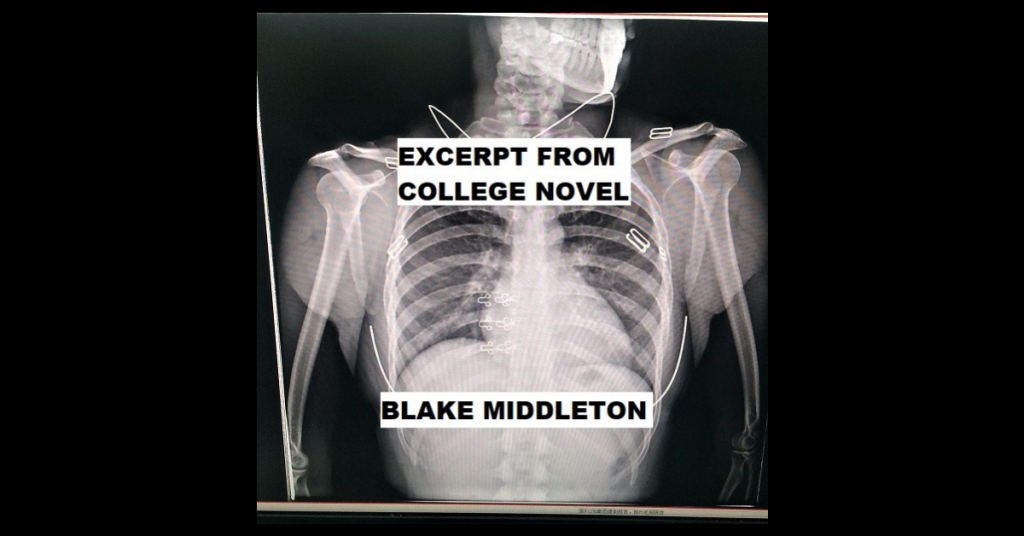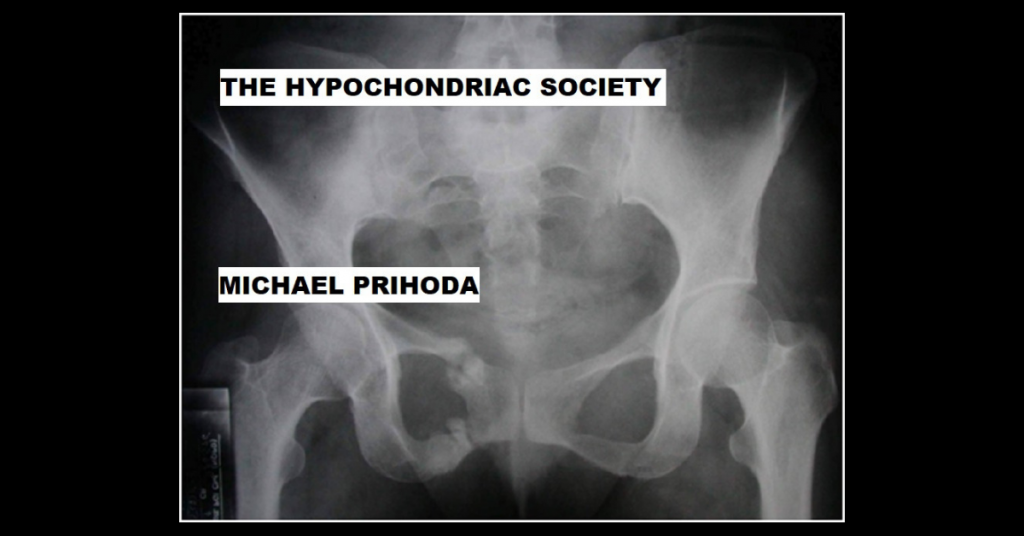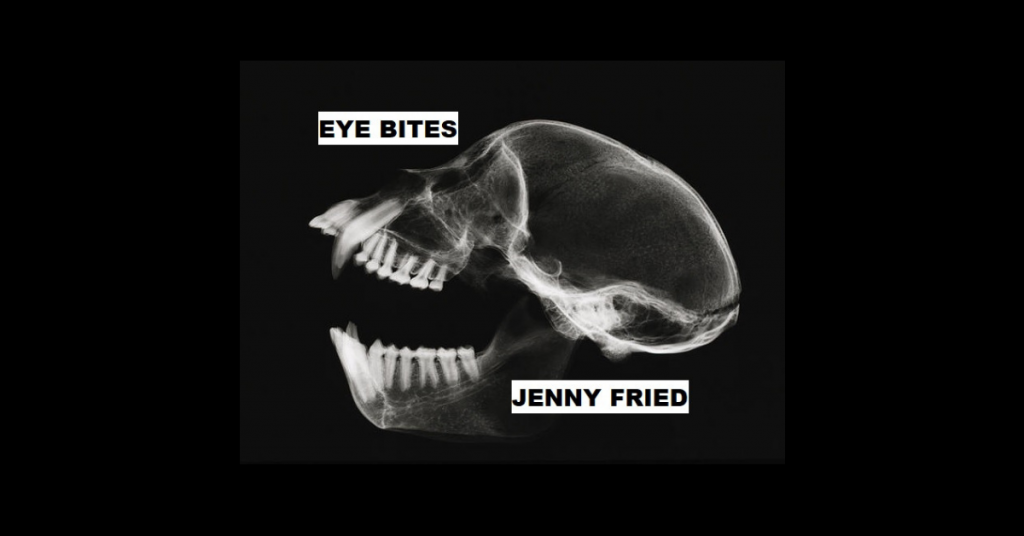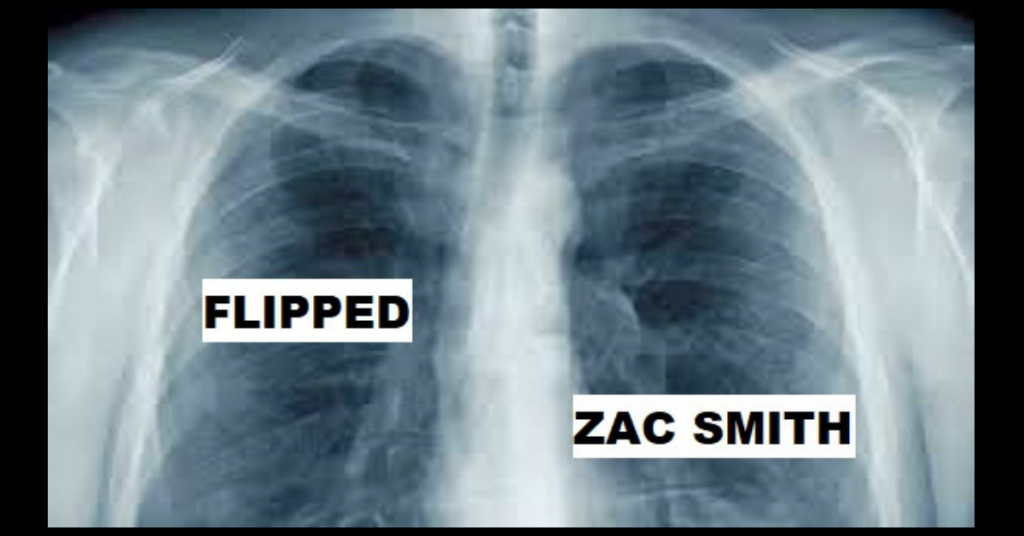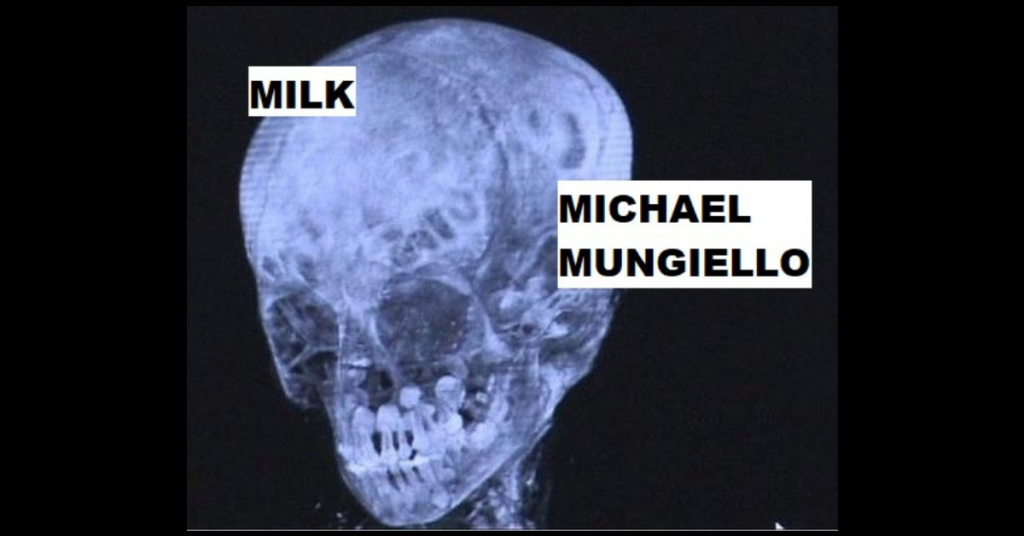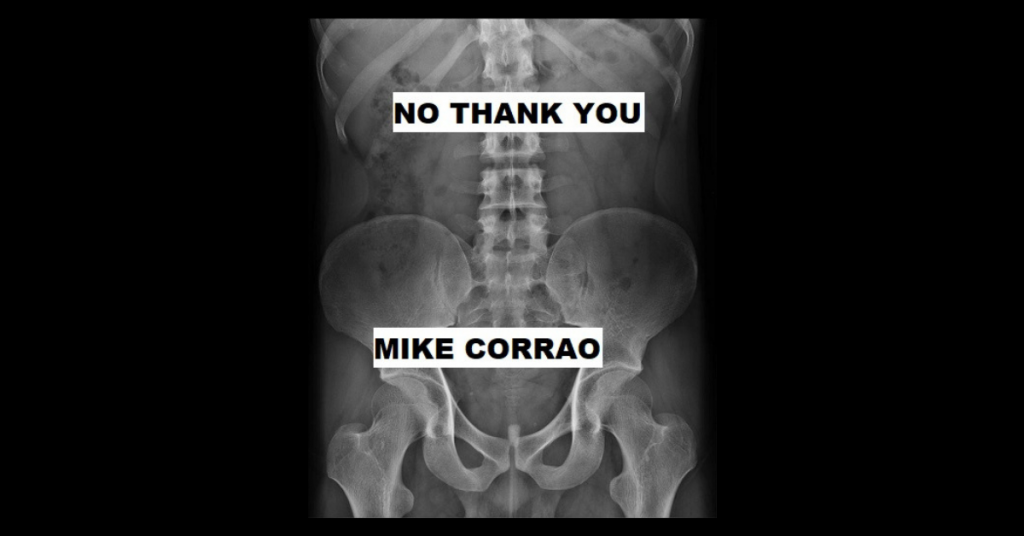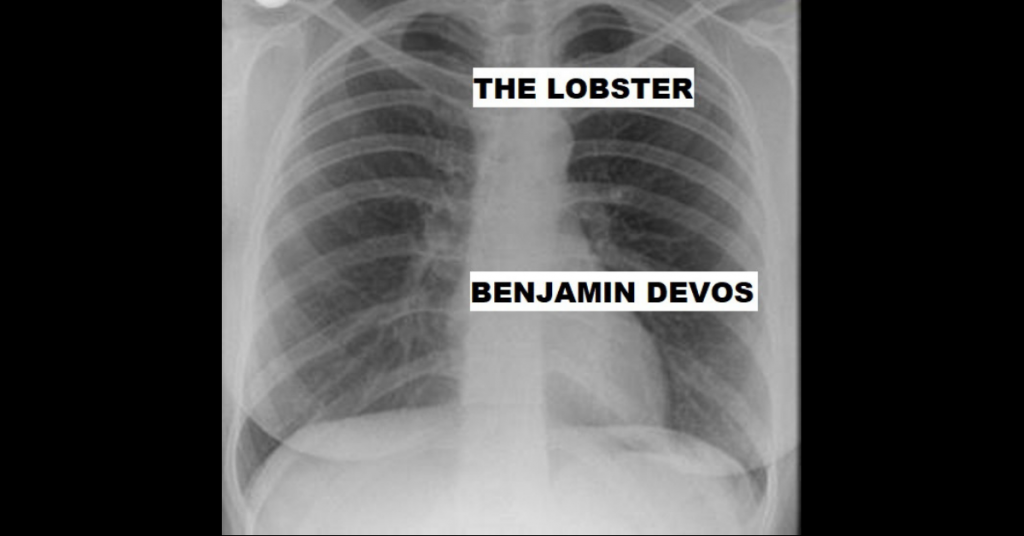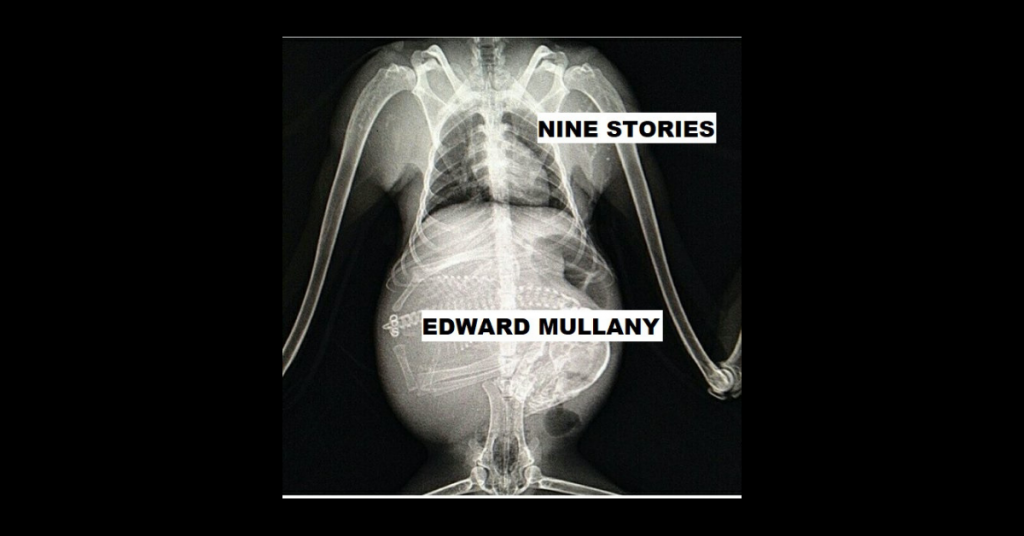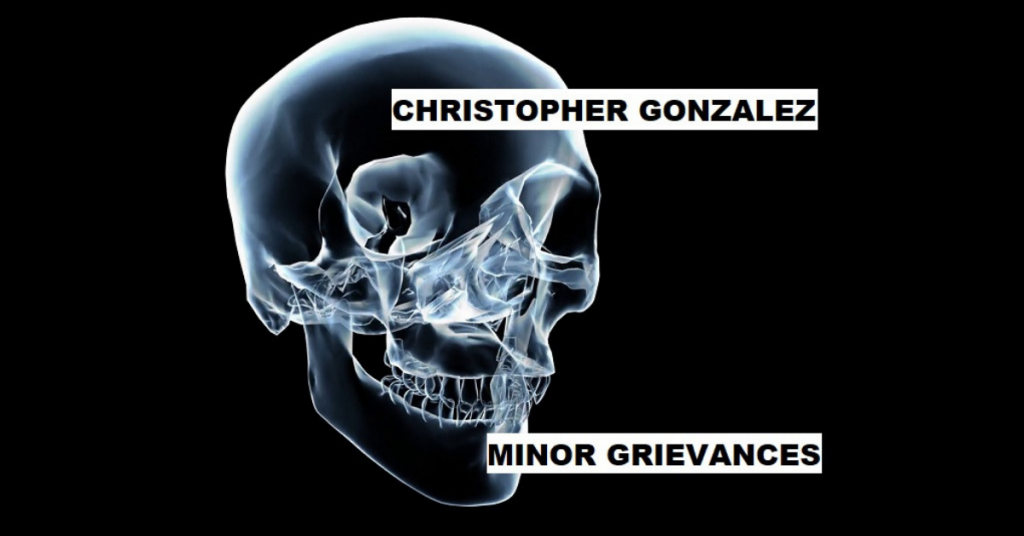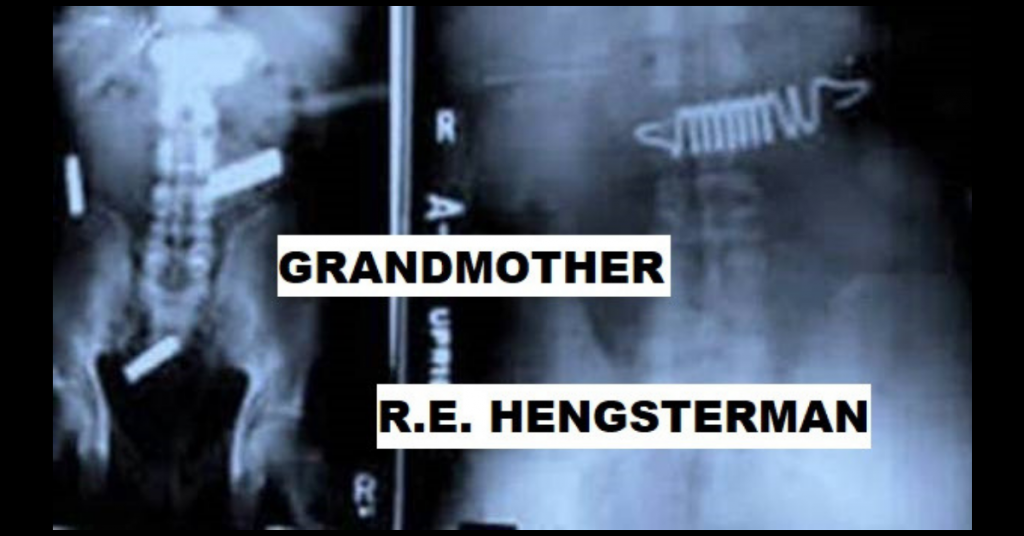
GRANDMOTHER by R.E. Hengsterman
A low metal growl rises, and I leap from the bed. Ten… nine. By seven, she’s reached the cornered hill of Fletcher and Fields. Her brakes protest with a tinny squeal. By five, I’m half dressed. At three, the throaty rumble of the eight-cylinder engine grows. By the time I reach zero, Grandmother has arrived. She slides from the bench seat of her station wagon and navigates the piles of dog shit left by our beagle. Her pink, black-strapped handbag drapes her forearm. Her coifed hair is motionless. She has pressed her clothing into fine lines of order. Mother, Father, and…

